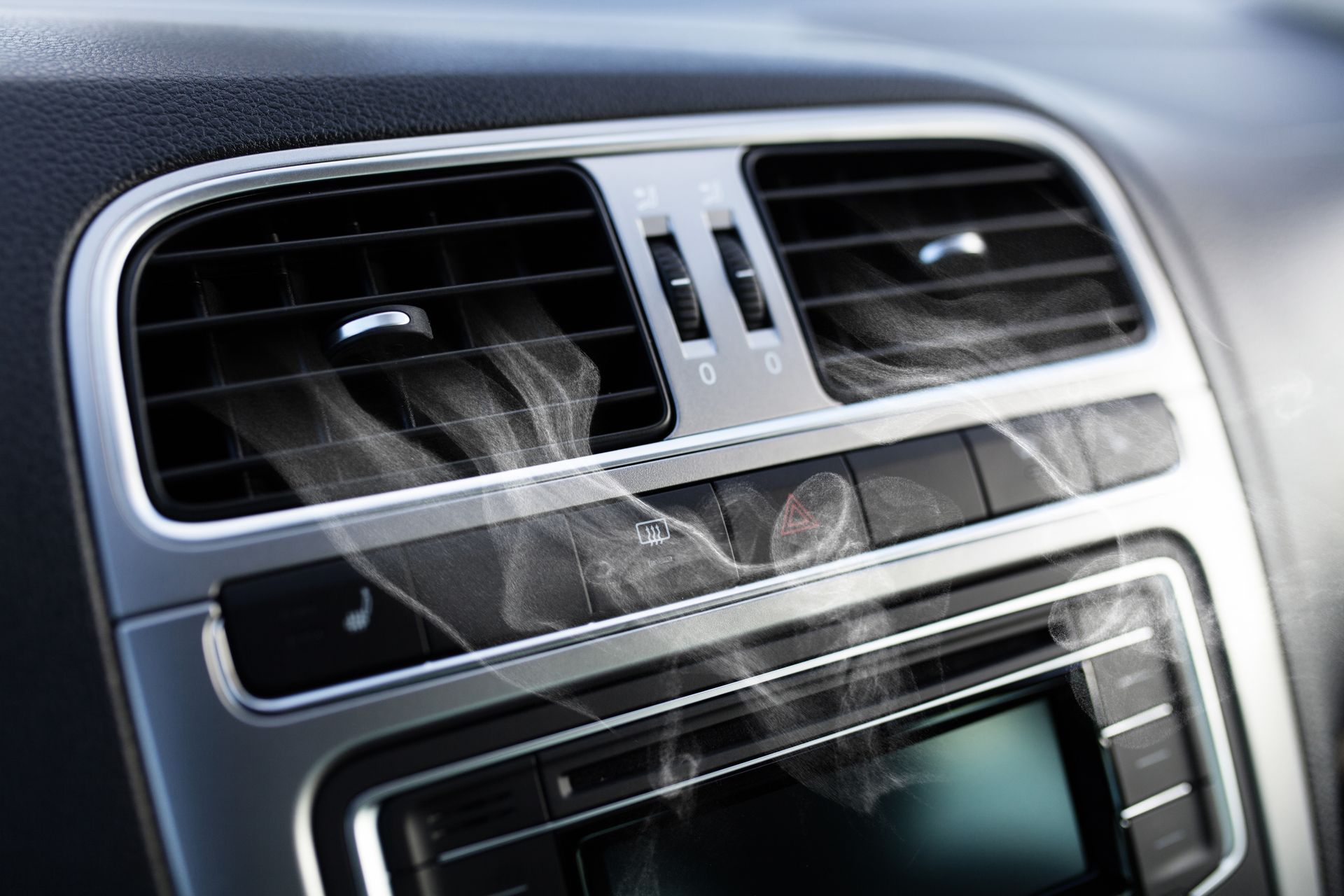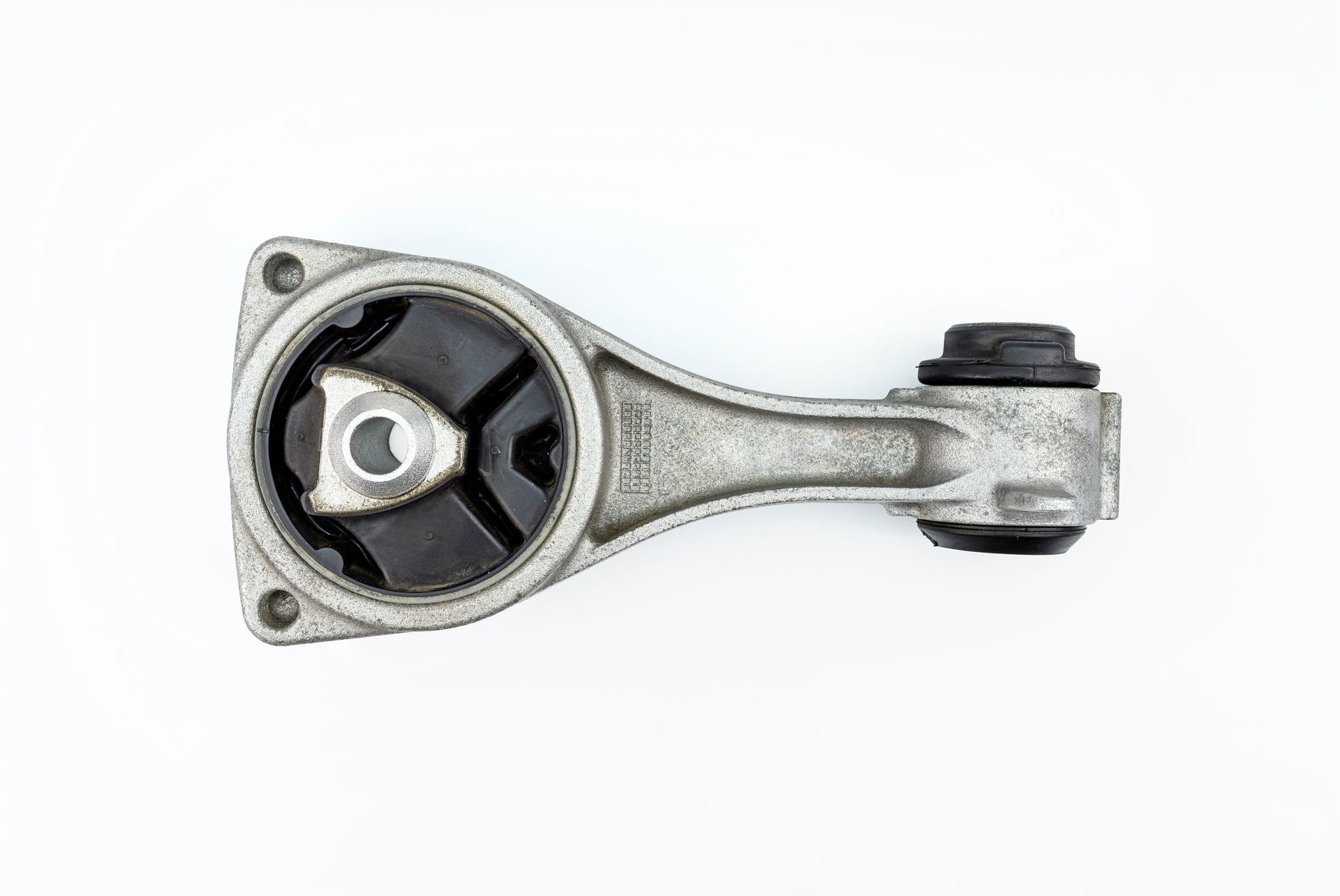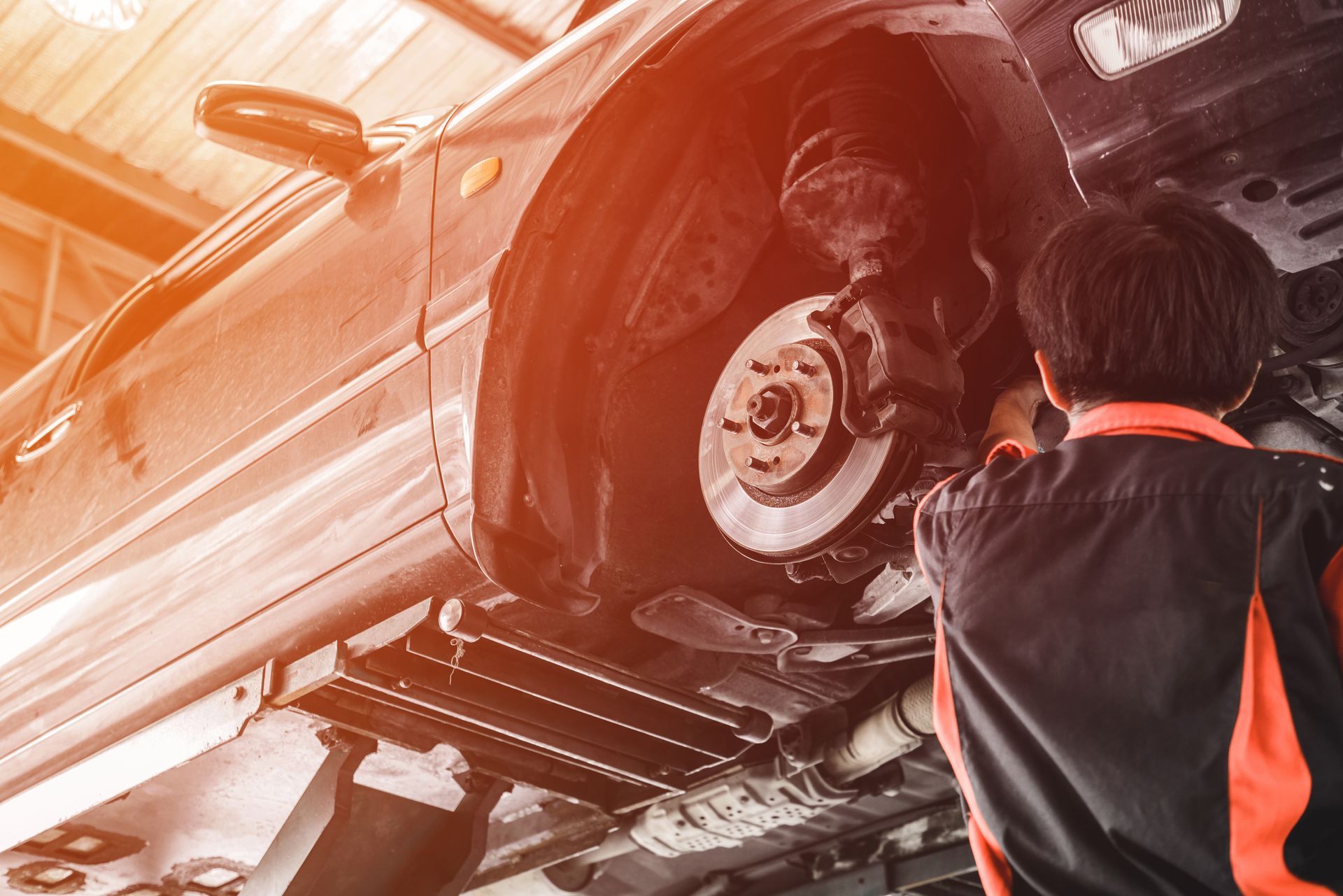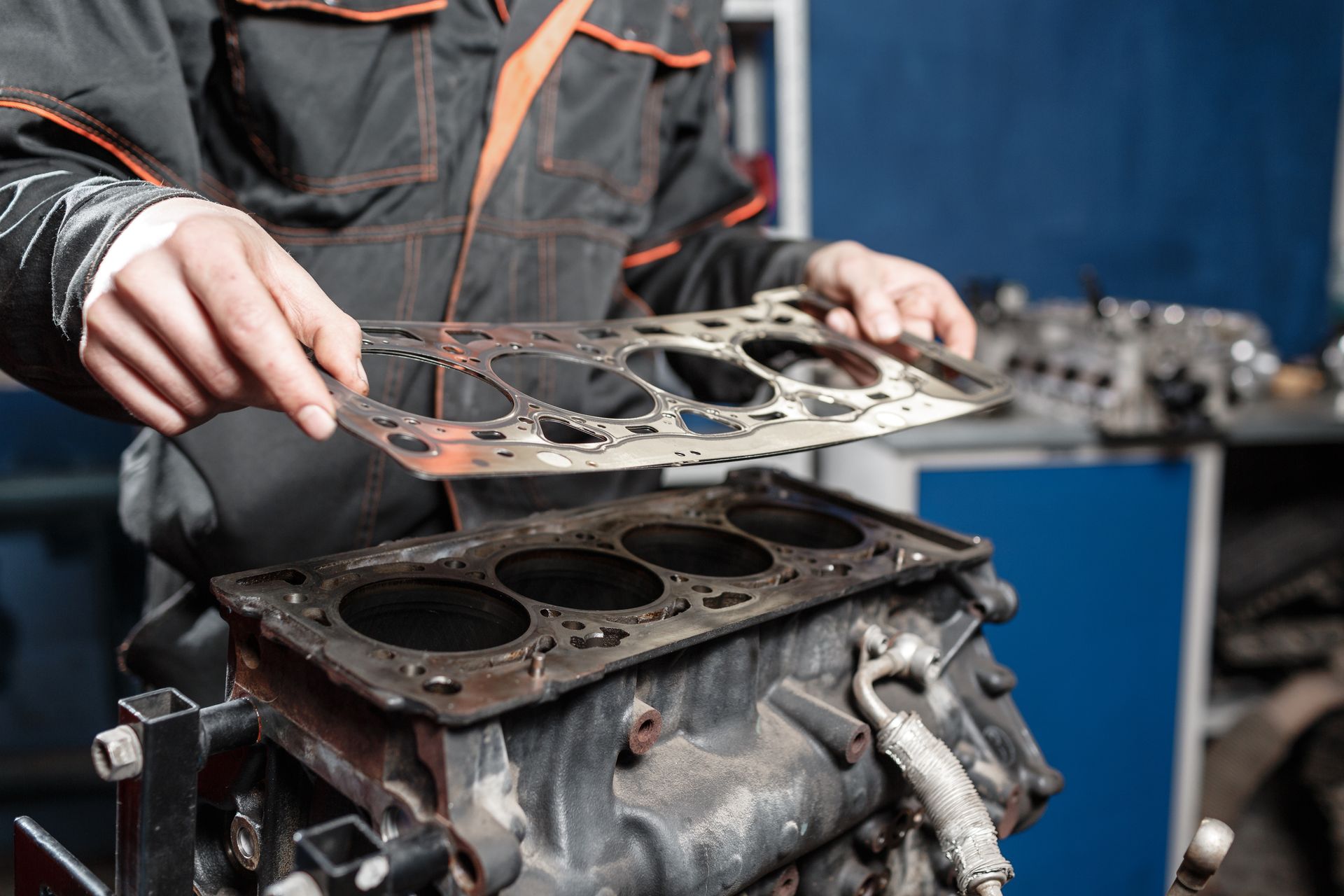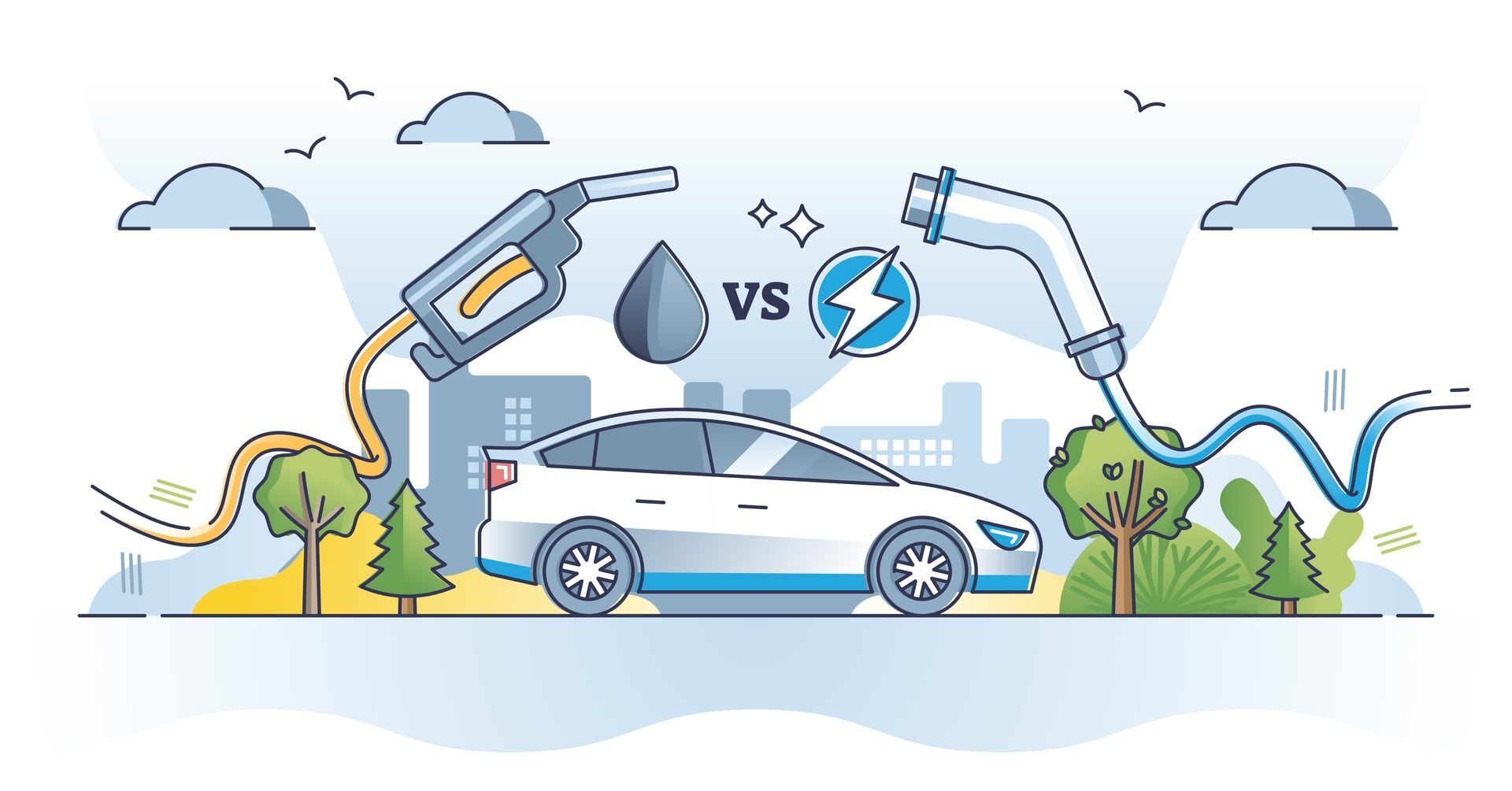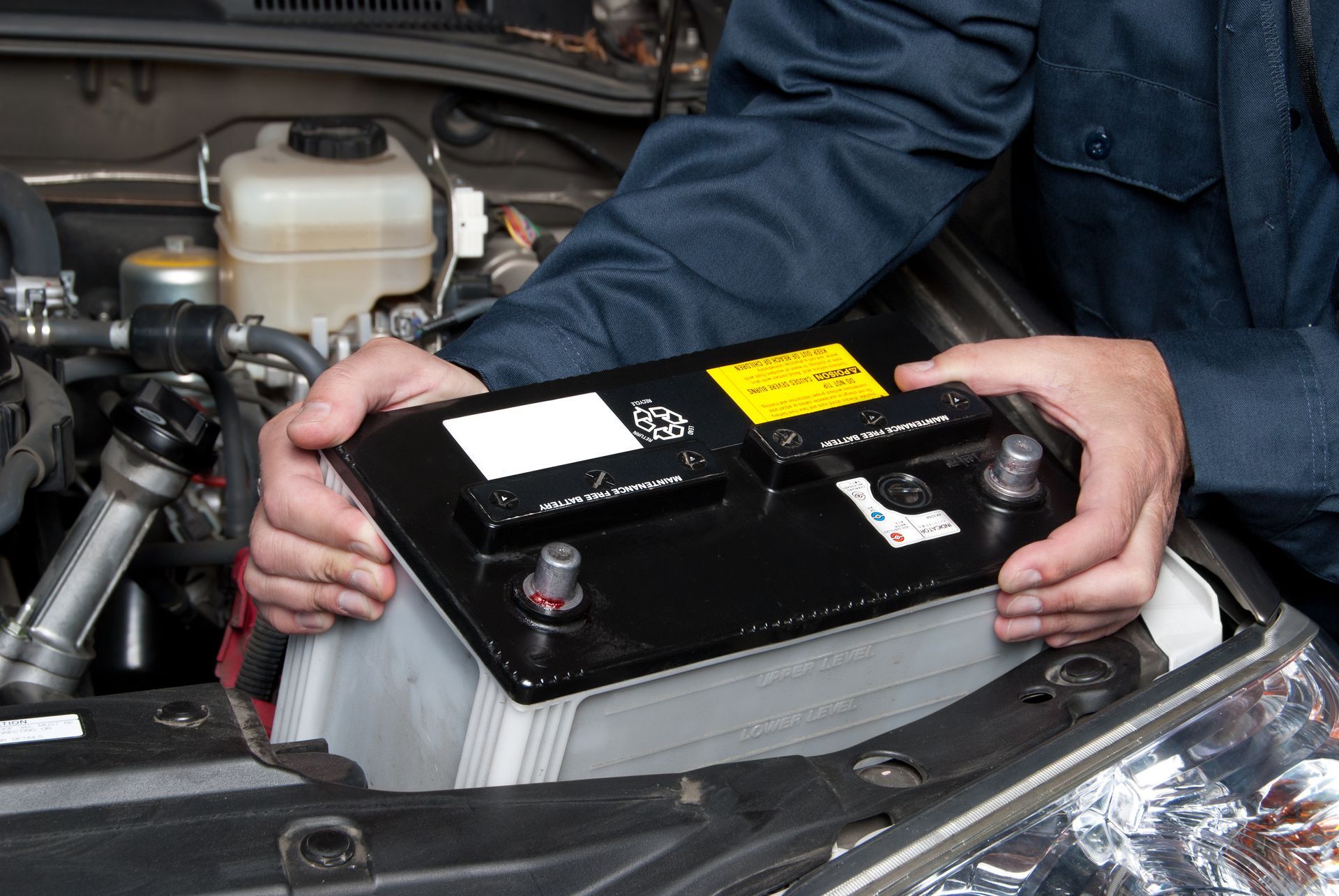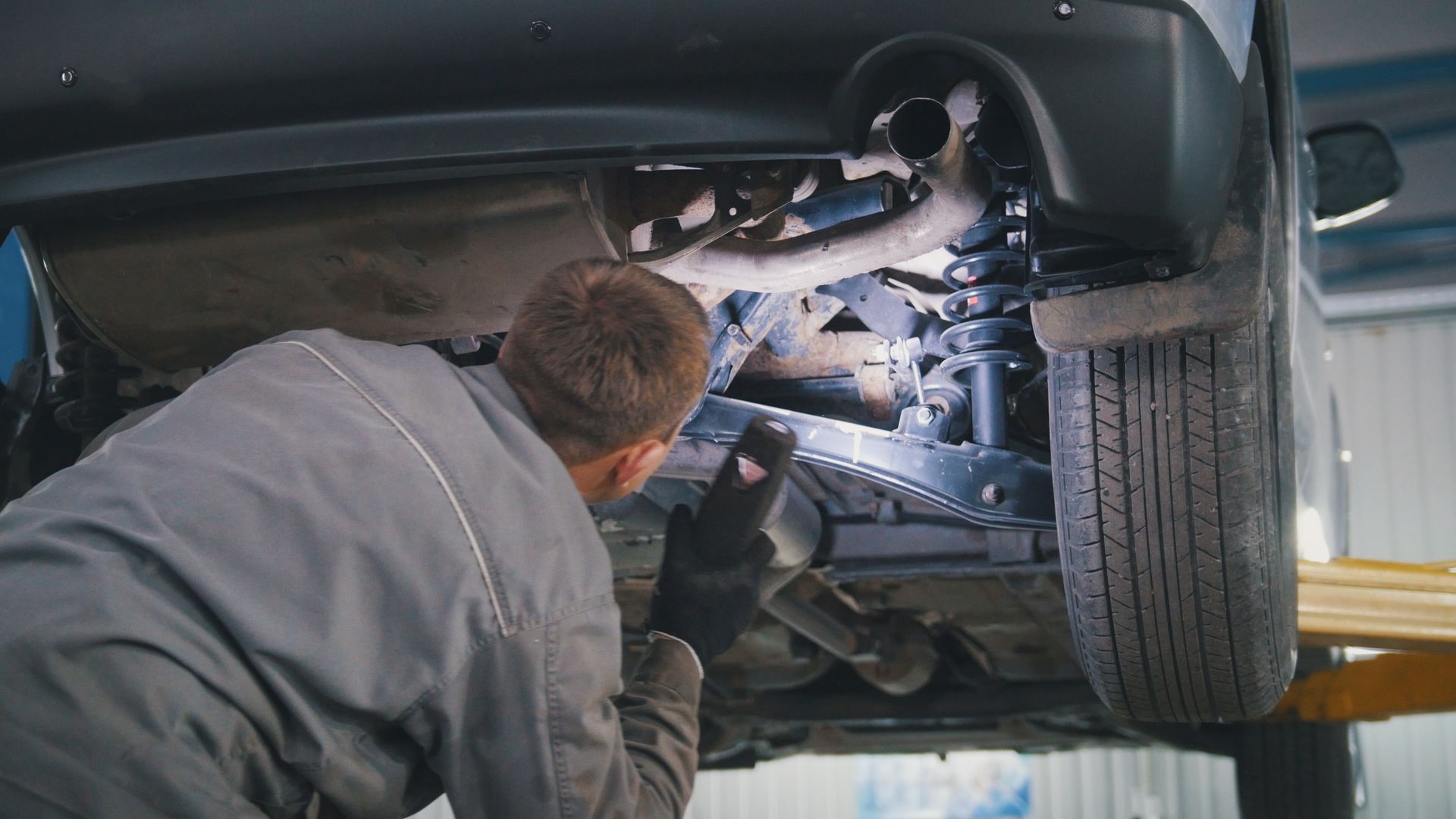Navigating the bustling streets of Atlanta can be both exhilarating and challenging. With its vibrant culture and diverse population, the city offers a unique driving experience. However, heavy traffic, unpredictable weather, and complex roadways pose significant risks to motorists.
1. Plan Your Route Wisely
Before hitting the road:
• Take the time to plan your route carefully.
• Utilize GPS navigation apps or online maps to identify the most efficient and safest routes to your destination.
• Avoid heavily congested areas and high-traffic times whenever possible to minimize your exposure to potential hazards.
2. Stay Alert and Vigilant
Busy streets demand heightened awareness from drivers. Stay alert and vigilant at all times, keeping an eye out for erratic drivers, pedestrians, and cyclists. Avoid distractions such as texting, eating, or adjusting the radio, as these can significantly impair your ability to react to sudden changes in traffic conditions.
3. Weather Preparedness
Atlanta's weather can be unpredictable, with sudden rain showers, thunderstorms, and even occasional snowfall. Stay prepared for changing weather conditions by keeping your vehicle equipped with essential items such as an umbrella, flashlight, extra blankets, and a fully charged cell phone. Adjust your driving behavior accordingly, slowing down and increasing your following distance in adverse weather.
4. Maintain Your Vehicle
Regular vehicle maintenance is crucial for safe driving, especially in a city like Atlanta with its diverse terrain and climate. Ensure your brakes, tires, lights, and wipers are in good working condition at all times. Schedule routine oil changes, tire rotations, and inspections to prevent mechanical failures that could lead to accidents.
5. Defensive Driving Techniques
Practicing defensive driving techniques can help you anticipate and avoid potential hazards on the road. Maintain a safe following distance, signal your intentions clearly, and yield to other drivers when necessary. Stay calm and patient, even in challenging situations, and avoid engaging in aggressive or reckless behavior.
Identifying Accident-Prone Areas
While Atlanta offers diverse attractions and vibrant neighborhoods, it also has its fair share of accident-prone areas. Understanding these locations can help you stay cautious and navigate them safely.
Downtown Atlanta
The heart of the city, Downtown Atlanta, is often bustling with activity, including heavy pedestrian traffic, congested streets, and numerous intersections. With popular attractions such as Centennial Olympic Park and the Georgia Aquarium, drivers must exercise extra caution to avoid accidents, especially during peak tourist seasons.
Interstate Highways
Atlanta's interstate highways, including I-75, I-85, and I-285 (also known as the Perimeter), experience high volumes of traffic throughout the day. Merge points, lane changes, and congested exits can contribute to accidents, particularly during rush hour. Stay alert, maintain a safe following distance, and use your signals when changing lanes to reduce the risk of collisions.
Midtown and Buckhead
Areas like Midtown and Buckhead are known for their vibrant nightlife and bustling entertainment districts. However, increased alcohol consumption and late-night revelry can lead to impaired driving and an elevated risk of accidents, especially on weekends and holidays. Exercise caution when driving through these areas, and always designate a sober driver if you plan to indulge in alcoholic beverages.
If you find yourself having car problems near Stone Mountain or in the northeast part of Atlanta, call Wrench Junkies! We will get you in the shop, fix any issues, and get you back on your way ASAP.

